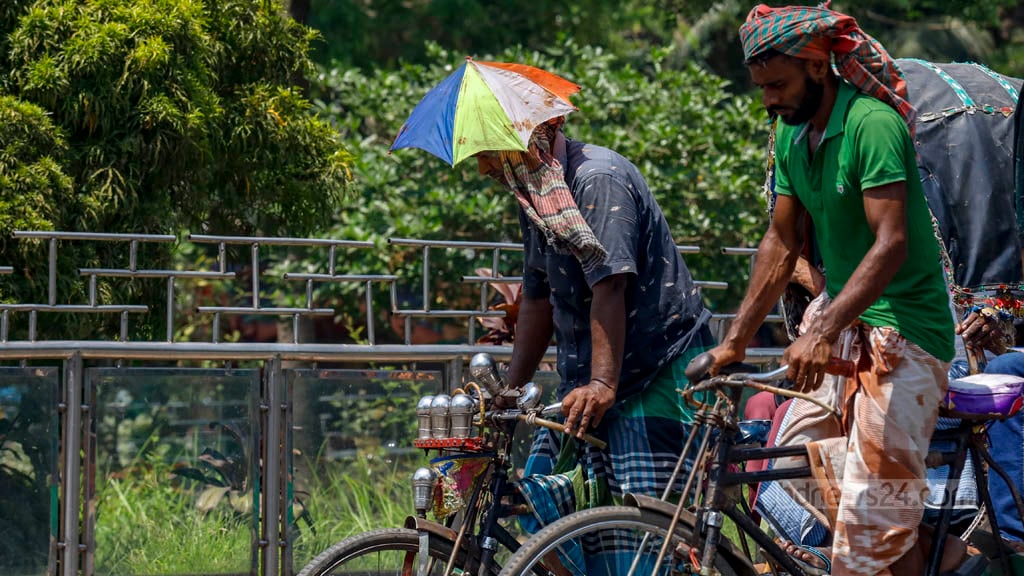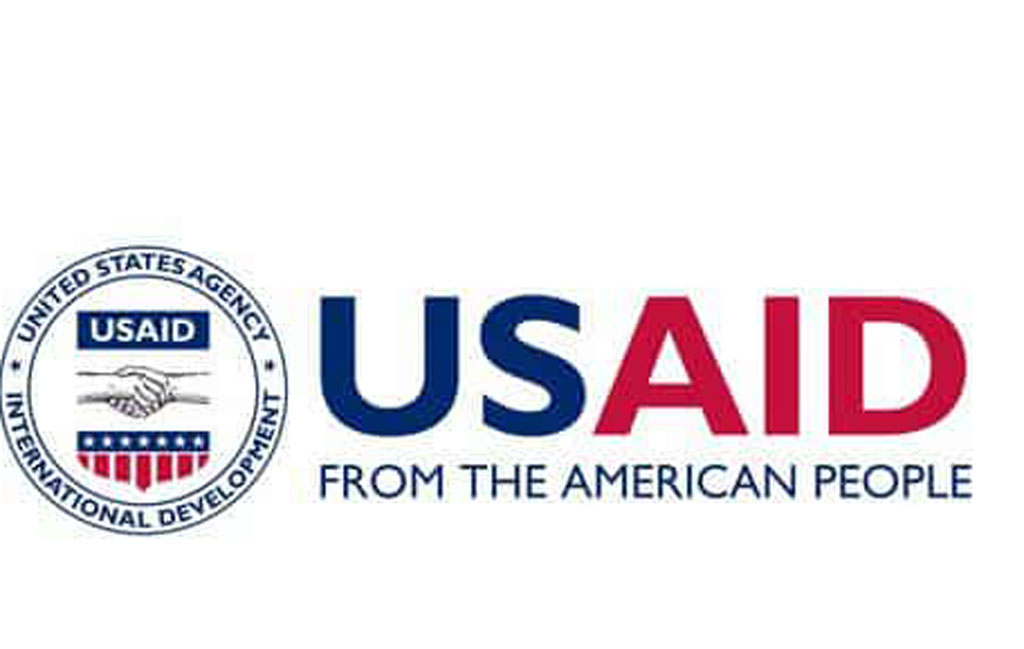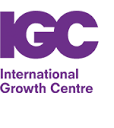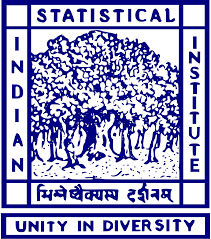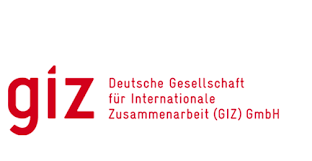Project Title: Climate Change and Aging in Bangladesh
Project Description
The project is a World Bank–supported initiative aiming to understand the short-term and seasonal health impacts of climate change, particularly heat stress, on the elderly population in Bangladesh. Given the country’s vulnerability to climate-induced hazards—rising temperature, erratic rainfall, and increased humidity—the project seeks to examine how these factors influence the physical and mental well-being of older adults.
ECONS, as the implementing research organization, is responsible for conducting two additional rounds of nationally representative panel surveys and collecting localized air quality data from 180 Enumeration Areas (EAs). This study builds upon previous rounds conducted in January and May 2024 and will provide a comprehensive dataset linking climate exposure with health outcomes among the elderly. In addition, the project includes a systematic literature review to synthesize global and regional evidence on climate-related health risks affecting older adults, focusing on Bangladesh’s specific context.
Objective of the Project
The overarching objective is to generate empirical evidence on how climate change—especially extreme heat—affects the health of elderly populations in Bangladesh. Specific goals include:
- Conducting two new rounds of panel surveys among the same set of 3,700+ households to measure seasonal changes in physical and mental health linked to heat exposure.
- Collecting air quality data (PM1, PM2.5, PM10, NO₂, and VOCs) across 180 EAs using Plume Labs Flow 2 sensors to establish an environmental baseline.
- Integrating environmental and health datasets to analyze exposure-response relationships.
- Conducting a systematic review of literature to consolidate regional and global evidence on heat stress and elderly health.
- Supporting policy recommendations for climate-health adaptation and resilience planning for vulnerable populations.
Research Design
The study follows a longitudinal mixed-methods design combining panel household surveys, environmental data collection, and systematic evidence synthesis.
- Panel Survey Component:
Two consecutive rounds of data collection will capture health, demographic, and socioeconomic indicators, along with physical and mental health status among elderly respondents. Surveys will be administered via Computer-Assisted Personal Interviewing (CAPI) using tablets programmed with SurveyCTO/ODK. Enumerators will revisit the same respondents to maintain panel continuity. - Air Quality Monitoring Component:
Air quality data will be collected using 19 Flow 2 sensors. Each device records particulate matter and gaseous pollutants for 24 hours per EA, ensuring spatial and temporal comparability. The sensors will be rotated across sites to ensure calibration consistency. Data will be cleaned, validated, and merged with the household survey database for integrated analysis. - Systematic Review Component:
Following PRISMA and PROSPERO guidelines, ECONS will conduct a systematic review to synthesize literature on climate change and elderly health. The review will include both peer-reviewed and grey literature from global and regional sources, particularly South Asia. - Quality Control:
Multi-tiered supervision, random spot checks, real-time monitoring dashboards, and GPS verification will be applied to ensure data integrity. Devices will undergo pre- and post-field calibration at the Department of Environment (DoE).
Sample Size and Study Areas
The study covers 3,700+ households across 180 Enumeration Areas (EAs) that represent both urban and rural regions of Bangladesh. Major study sites include Dhaka, Chattogram, Khulna, Rajshahi, Rangpur, and Sylhet, among others, ensuring national representativeness.

